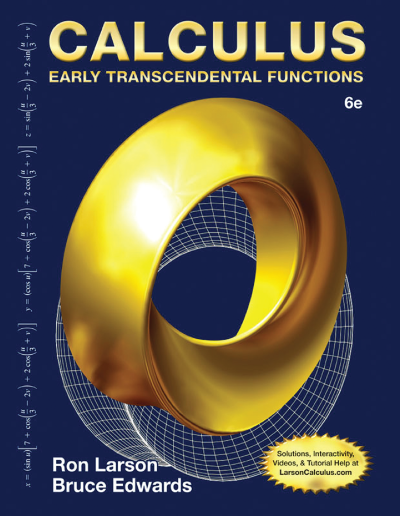Isaac Barrow
(1630-1677)
Thomas Barrow was a successful businessman who had earned the patronage of his customers and the approval of his king, England’s Charles I. His only failure appeared to be his son, of whom he was heard to pray, “Lord, if it pleases you to take any of my children, I can best spare Isaac.” Born in London in 1630, Isaac Barrow was an unruly and inattentive student at Charterhouse, where he was often found fighting in the schoolyard. At this time, there was nothing to indicate that Isaac Barrow would one day rank among the most respected scientists and mathematicians in England.
Barrow’s genius emerged at Falstead School, to which he was sent after leaving Charterhouse.At Falstead, Barrow developed a passion for study that encompassed virtually every discipline, from theology and classical literature to science and mathematics. In 1643, at the age of thirteen, he entered Trinity College at Cambridge University, from which he graduated in 1648. He was awarded the degree of Master of Arts in 1652, and subsequently applied for a position at Cambridge as professor of Greek. Barrow, though eminently qualified, was an ardent Anglican and royalist, and therefore barred from the post by Cromwellian mandate.
In disappointment and disgust, Barrow sold his books and spent the next four years in an adventurous tour of Eastern Europe. It is said that on one occasion, the ship on which Barrow was sailing was attacked by pirates. The pugilistic Barrow, employing the one skill he perfected at Charterhouse, led a counterattack that successfully repelled the invaders.
By 1660, Barrow had returned to England, Cromwell had been ousted, and King Charles II had ascended the throne. Barrow applied again for the professorship for which he had beenrejected; this time it was his. In 1662, he advanced to the post of Lucasian professor of mathematics. It was this appointment that led to the achievement for which he is perhaps best known:recognizing the latent genius of a thoroughly undistinguished young scholar named Isaac Newton.
Barrow, claiming a desire to devote himself to the study of theology, relinquished the Lucasian chair in 1669 and was successful in his campaign to have Newton named as his successor. Most biographers contend that Barrow resigned as professor of mathematics in homage to Newton’s stupendous ability. A less altruistic motive has also been suggested. The Lucasian endowment specifically prohibited its beneficiary from holding other offices at the university. Barrow may have felt stifled by this barrier to advancement. Regardless, the post gave Newton sufficient funds and leisure to pursue his own interests. The results of Newton’s research, conducted during his tenure at Cambridge, would forever change the course of science and mathematics.
In 1670 Barrow, who had been ordained by the Church of England, was appointed chaplain to Charles II. Though a careless dresser and an inveterate smoker, Barrow was widely regarded as a man of honor and courage. His charm and caustic wit won him the admiration of the king and his courtiers; his unimpeachable character earned their respect.
Concurrent with his chaplaincy, Barrow pursued his academic career. He was appointed Master, then Vice-Chancellor, of Trinity. He published commentaries on the works of Euclid and Archimedes, and his lectures on mathematics and optics. Barrow’s most important contributions are to be found in his Lectiones geometricae, wherein he set forth the foundations of the calculus in geometrical form.
Barrow died suddenly in May of 1677, at the age of 46. The cause of his death appears uncertain. Some biographers maintained that he succumbed to a fever; others suggest an overdose of drugs. In any event, he was buried with honor in Westminster Abbey.
Links
http://www-history.mcs.st-andrews.ac.uk/Biographies/Barrow.html
http://en.wikipedia.org/wiki/Isaac_Barrow
References
- Ball, W.W. Rouse. A Short Account of the History of Mathematics. 1908. Reprint. New York:Dover Publications, Inc., 1960.
- Boyer, Carl B. A History of Mathematics. 2d ed., rev. Uta C. Merzbach. New York:John Wiley& Sons, Inc., 1991.
- Gillispie, Charles Coulston, ed. Dictionary of Scientific Biography. Vol. I. New York:CharlesScribner’s & Sons, 1970.
- Hooper, Alfred. Makers of Mathematics. New York:Random House, Inc., 1948.
- Simmons, George F. Calculus Gems:Brief Lives and Memorable Mathematics. New York:McGraw-Hill, Inc.,1992.











